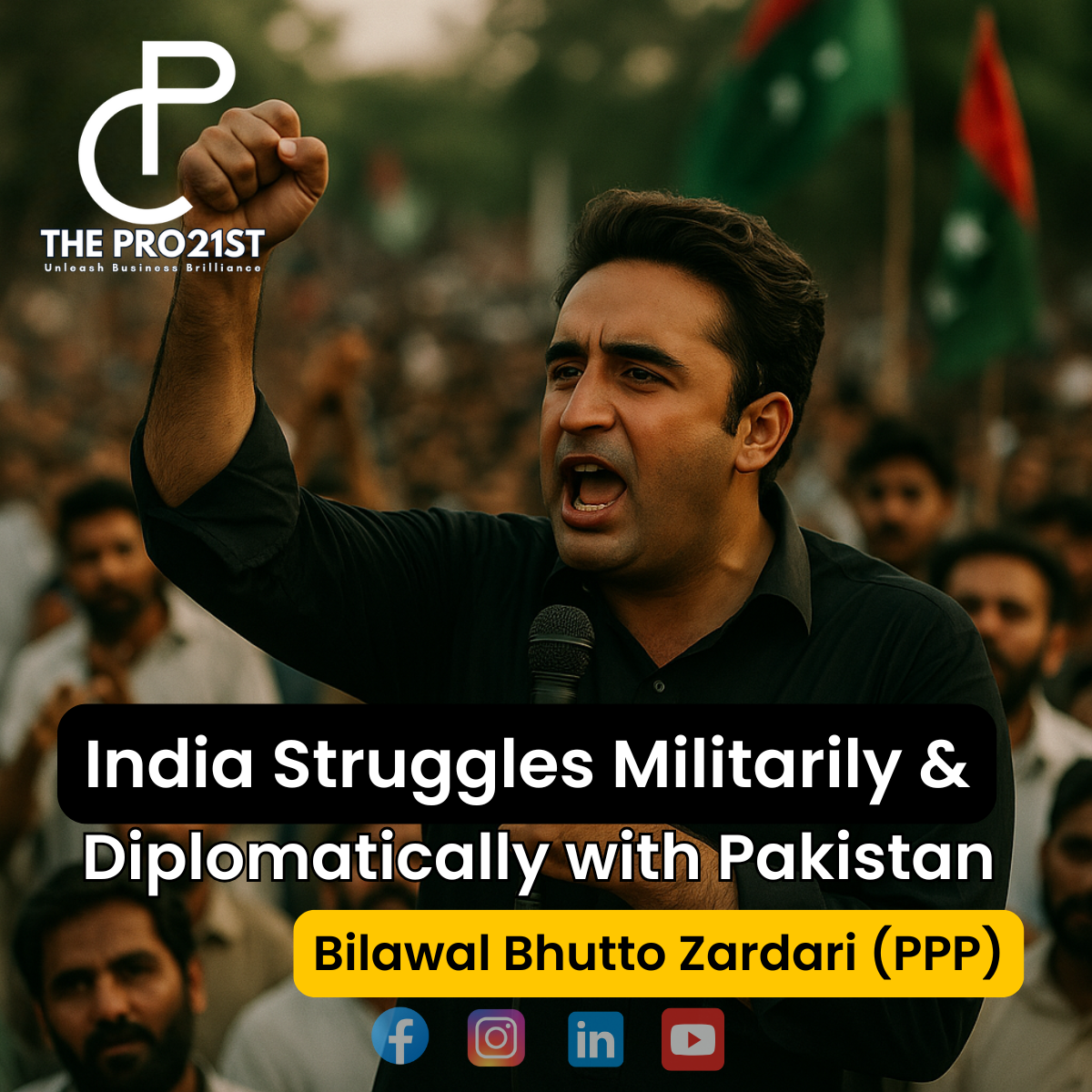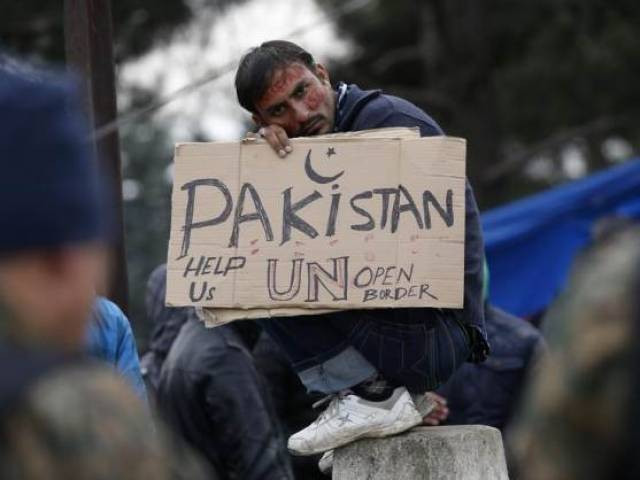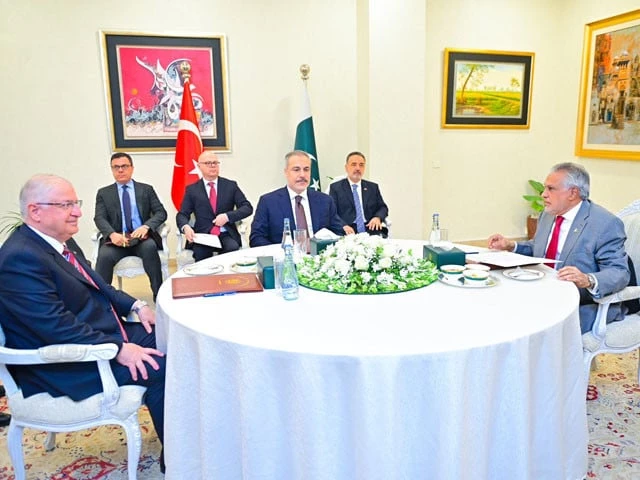Pakistan’s Resilient Narrative: Bilawal Bhutto Zardari’s Diplomatic Victory
In a significant move, Bilawal Bhutto Zardari, Chairman of the Pakistan Peoples Party (PPP), recently returned from a diplomatic mission to the United States and Europe, where he sought to strengthen Pakistan’s stance amidst ongoing tensions with India. This visit, initiated by Prime Minister Shehbaz Sharif, was geared towards presenting Pakistan’s narrative to the global community after a challenging confrontation.
Upon his return to Karachi, he emphasized the importance of the delegation’s efforts to relay messages of peace, the pivotal Kashmir issue, and concerns surrounding terrorism and water security during meetings in high-profile locations like New York, Washington D.C., London, and Brussels. Bilawal confidently stated that even though India is "seven times larger," Pakistan’s military prowess led to a decisive triumph, instilling a sense of pride across the nation.
During his discussions abroad, Bilawal made it clear that while India may have tried to shift the narrative in its favor, Pakistan’s reality prevailed on the international stage. He articulated that the diplomatic defeat India faced was a testament to Pakistan’s truthful representation in the arena and its potential to overcome adversities. He stated, “India failed on the battlefield and in the courtroom of global opinion.”
A key focus of Bilawal’s mission was the region of Kashmir, a topic that continues to ignite tensions between the two countries. He asserted that India’s previous claims of regarding Kashmir as a bilateral matter are outdated. The international community now sees it as a pressing global issue that demands attention and resolution.
In his speech, Bilawal highlighted the concerning remarks made by Indian Prime Minister Narendra Modi regarding the Indus River system, warning that Pakistan would not tolerate any hindrances to its water rights. He stated, "When it comes to the Indus, the PPP will lead the charge, whether domestically or internationally."
Moreover, his pointed remarks towards domestic politicians who have remained passive regarding these water security threats stirred the dialogue around national responsibility. He criticized how some political figures seemed more inclined to sow division than unify against external threats.
The re-emergence of the Kashmir issue and water rights highlights the complexities of Indo-Pak relations that have persisted over decades. By framing Pakistan’s narrative as one of truth against aggression, Bilawal aims to garner international support to help stabilize the region.
In forming alliances and securing support from the European Union and the United States, the PPP hopes to foster a long-term peace strategy that not only addresses immediate concerns but also builds trust between the neighboring countries. As tensions continue to simmer, Bilawal’s diplomatic initiatives may pave the way for a more peaceful future.
Ultimately, the road ahead requires persistent dialogue and cooperation on both sides, with leaders committed to resolving disputes through understanding rather than confrontation. The international community’s involvement will be crucial in this process, as it provides a platform for both nations to engage and seek long-standing solutions.





